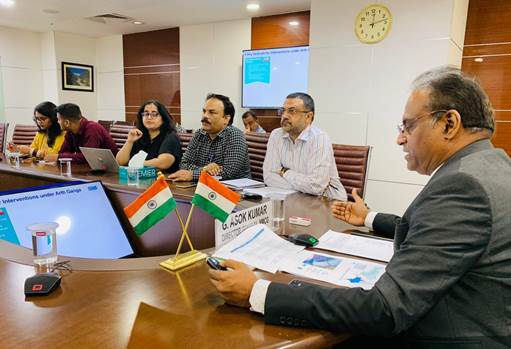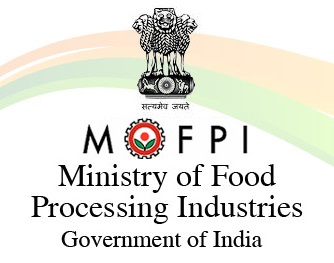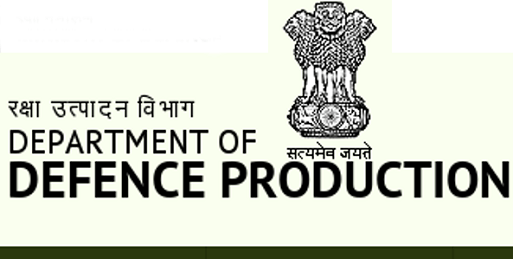National Mission for Clean Ganga organized a virtual session on the first day of the Stockholm World Water Week 2022 (August 24-September 01). The keynote address was given by Shri G. Asok Kumar, Director General, National Mission for Clean Ganga on ‘Arth Ganga: Model for Economic River-People Connect for Sustainable River Rejuvenation using Economic Bridge’. Other panelists in the session included Shri G. Kamala Vardhana Rao, Director General (Tourism), Ministry of Tourism, Shri T. Vijay Kumar, Executive Vice-Chairman, Rythu Sadhikara Samstha, Dr. Acharya Balkrishan, Founder and Secretary of Patanjali Trust and Dr. Ruchi Badola, Scientist G, Wildlife Institute of India. The World Water Week is an annual event organized by Stockholm International Water Institute (SIWI) to address the global water issues and related concerns of international development.
Giving his keynote address, Shri G. Asok Kumar, DG, NMCG gave a detailed presentation on Arth Ganga elaborating the Model and the interventions made so far. “Arth Ganga has ushered-in a paradigm shift in the River Basin Management,” Shri Kumar said while highlighting the significance of Arth Ganga.
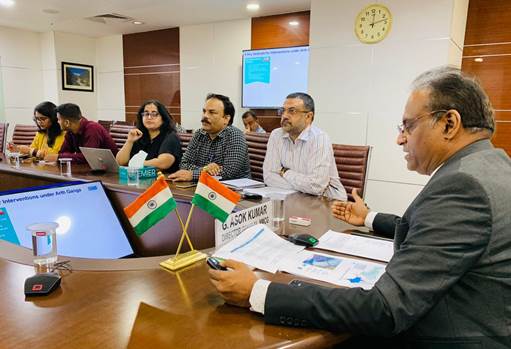
He said that Arth-Ganga concept, espoused by the Hon. Prime Minister during the 1st National Ganga Council meeting in 2019 in Kanpur, is being developed into an economic model for sustainable river rejuvenation. The central idea of “Arth Ganga” is linking people and Ganga through the bridge of economics in line with the slogan of “Banking on River Ganga”. “Arth Ganga Model strives to contribute at least 3 percent of the GDP from the Ganga Basin itself”, he informed while also adding that the interventions envisaged and being implemented are in line with the country’s commitments towards the UN Sustainable Development Goals.
Elaborating on the six verticals of Arth Ganga, he said that the most important aspect is Zero Budget Natural Farming that envisages chemical-free farming for 10 kms on either side of the river, generating “more income, per drop”, and ‘Gobar Dhan’ for farmers. “We are planning to promote natural farming in a big way and will be conducting ‘shibirs’ on natural farming in Uttarakhand and Uttar Pradesh in the coming days to nudge the farmers towards natural farming,” he added, while informing about the recent event in Shirdi, Maharashtra where 30 farmers were facilitated by NMCG to attend the 5-day Subhash Palekar Natural Farming workshop.
He said that collaborations with various ministries and organisations are being made for monetization and reuse of sludge & wastewater that envisages reuse of treated water for irrigation, industrial purposes and revenue generation for ULBs. He cited the example of arrangement with Indian Oil Corporation for selling of treated water from Mathura refinery.
“Livelihood Generation Opportunities such as ‘Ghat Mein Haat’, promotion of local products, Ayurveda, medicinal plants, capacity building of volunteers like Ganga Praharis is also being done under Arth Ganga,” he said, adding, “NMCG plans to launch 75 Jalaj Kendras across the Ganga basin to create livelihood opportunities for the local people, out of which 26 were launched on 16th August.”
He emphasized on the need for public participation to ensure increased synergies between stakeholders and spoke on various steps being taken to promote cultural heritage & tourism along River Ganga through interventions like boat tourism, community jettis, promotion of yoga, adventure tourism, Ganga Artis etc. “Over 20,000 Ganga Doots have been deployed in different states and associated awareness generation programmes along with the initiatives like ‘Har Hafte Hoga, Ghat Pe Yoga’, ‘Ganga Quest’ and administrative setups like District Ganga Committees, to name a few, have been bringing wondrous results in the direction of success of the Mission,” he added. The last vertical of Arth Ganga is Institutional Building that looks to enhance the local capacities for better decentralized water governance. Shri Kumar said that the Namami Gange Mission has been bringing the unprecedented outcomes as regards attaining the goals of Aviralta and Nirmalta in the river Ganga.
Shri T. Vijay Kumar, in his address, spoke about the key steps fundamental to
assure cooling of the planet Earth. He mentioned that adopting sustainable practices like Natural Farming and ensuring the maximum possible conservation of water could bring a bright future to the country. He gave a presentation showing the scaling lessons from the experience of the state of Andhra Pradesh wherein the farmers achieved excellent results after their transition from the practice of traditional farming to Natural Farming. He added that the ‘Principles are common, but Practices are unique to a region’, and that India has got a special advantage on account of Natural Farming.
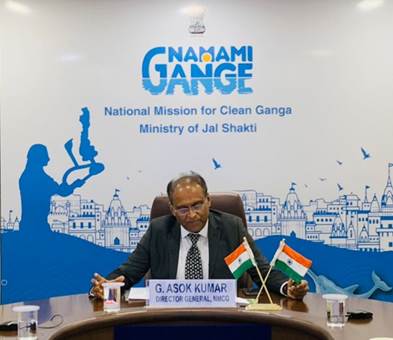
Shri Kamala Vardhana Rao, while highlighting the significance of rivers, particularly Ganga, in the development of the tourism sector, said that the culture of homestays in the country has been proving a win-win situation for both the hosts as well as the guests. ‘Rivers are where tourism emanates’, he added following his remark that skill development initiatives for local communities are in place to give a boost to rural tourism. Lauding the 3% GDP target, he said that it is ambitious but very much achievable if all departments contributes a little bit to the cause. He emphasized on the emerging importance of Ayurveda clinics around the globe and how it can be used as potential tourism opportunity in the Ganga Basin.
Acharya Balkrishan presented the ways fundamental in building an effective sludge management strategy. Through a presentation, Patanjali emphasized that technologically sound anaerobic-based approach will provide a permanent solution to the problem of sludge that is emerging as a big challenge not just in the Ganga Basin but the entire world.
Dr. Ruchi Badola discussed the ‘Conservation Sensitive Development for Realizing Arth Ganga’, and elaborated the concept of Jalaj and its contribution in strengthening the people-river connect and in sustainable development of the nation.


